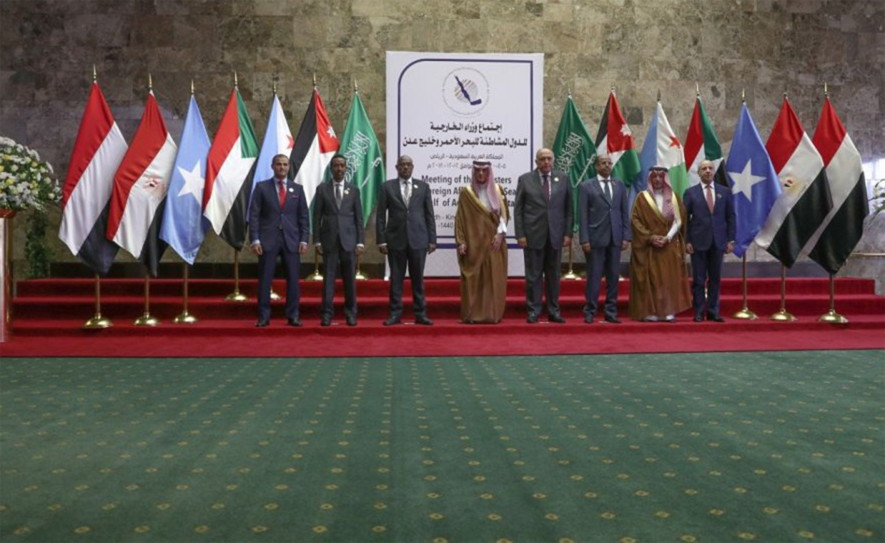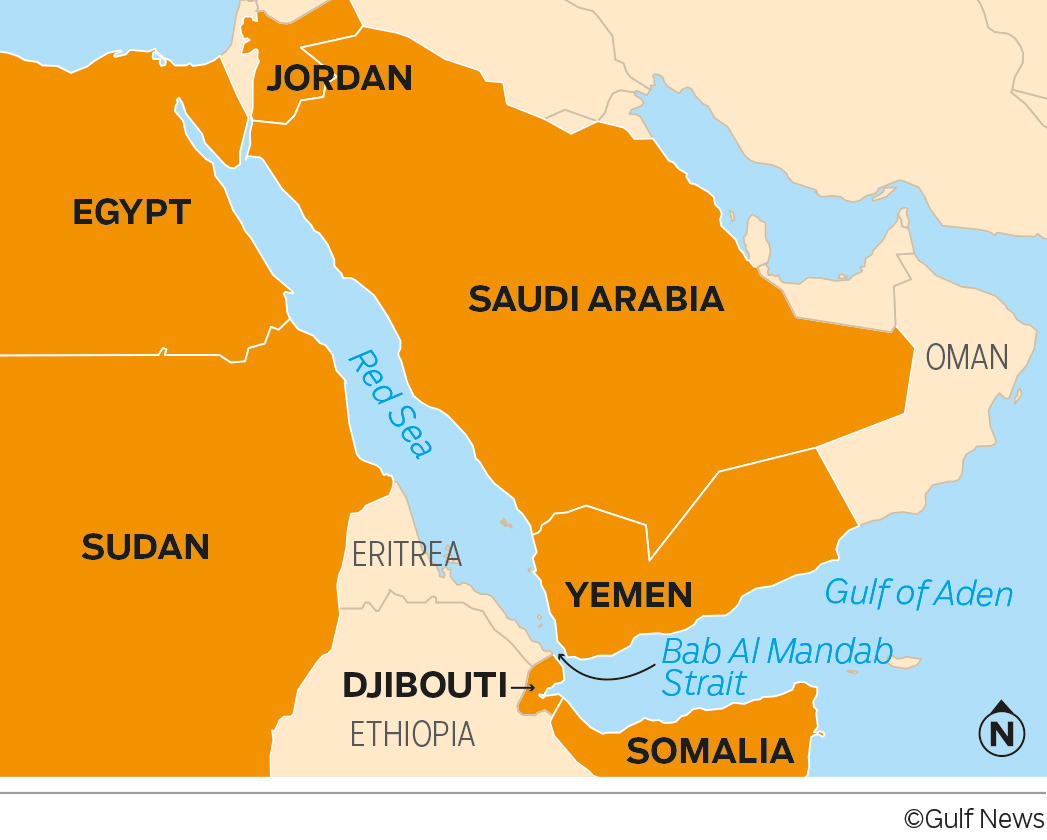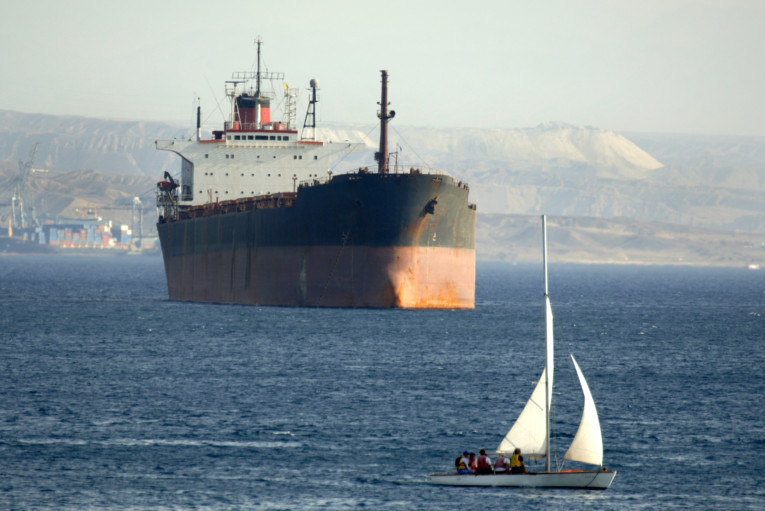The entity is a strategic move that is an integral part of broader efforts to ensure security and stability in the region and to thwart attempts by Iran and other countries to expand their sphere of influence into areas considered of crucial importance to regional security and stability.
“Although the reports about the meeting focus on security and economic cooperation, there is also a strategic and geopolitical dimension to the new entity as it aims to ensure that the region is not used by Iran to penetrate further into the region and influence the stances and orientations of its leaders,” Mohammad Jaber, a Bahraini analyst, said.
Exploitation of poor countries
“There is so much at stake for Saudi Arabia and the region if there is a vacuum, it could be filled and exploited by other countries with expansionist plans. Under claims of promoting social, economic and development cooperation, they step in deeply and consequently hold the region hostage to their designs.”

Some countries in Africa are in deep need of economic assistance and development aid and thus become vulnerable to exploitation by other states, especially if it done in a subtle way, he added.
“That is why such an entity is highly significant for Saudi Arabia and the other countries in the region. They must protect themselves from all forms of intrusion and they should also play an active role in solving disputes between countries in the region to ensure conflicts are not used as a pretext to allow malign forces to step in.”
Growing importance of Saudi Arabia
This summer, Saudi Arabia and the UAE accomplished an outstanding feat by achieving a momentous rapprochement by Eritrea and Ethiopia that put an end to a disastrous border conflict that had lasted about two decades.
The exploit, unimaginable months earlier, also sent a strong signal to other countries about the growing importance of Saudi Arabia and the UAE in the region and the erosion of Iranian influence in the Horn of Africa.
Iran has often issued threats to disrupt oil shipments from the Gulf countries and block navigation through the Strait of Hormuz if sanctions are imposed on Tehran.
It has also warned that the high-value Red Sea would not be secure for navigation.
“The Red Sea which was secure is no longer secure for the presence of American [military] ... The Quds force and I are your match. We don’t go to sleep at night before thinking about you,” Iranian military commander Qassem Suleimani said in July as he hit back at US President Donald Trump’s threats against Tehran.
 Map of the Red SeaImage Credit: Gulf News
Map of the Red SeaImage Credit: Gulf NewsIn Manama, Bahrain welcomed the announcement about the establishment of the entity and hailed “the initiative to develop joint Arab action, establish security and promote development in the region and across the world.”
The statement issued by the foreign ministry said that Bahrain “commended the Saudi move that reflects the great importance of providing security and protection for the region that is strategic and important for international navigation and trade.”
The establishment of this entity will enhance cooperation and coordination between the Arab countries along the Red Sea and the Gulf of Aden at all political, economic and security fields, the statement added.
“The entity will also promote the interests of the member countries and support the efforts to reinforce regional and international stability.”
The Red Sea is a seawater inlet of the Indian Ocean that lies between Africa and Asia. The connection to the ocean is in the south through the Bab Al Mandab strait and the Gulf of Aden. To the north lie the Sinai Peninsula, the Gulf of Aqaba, and the Gulf of Suez (leading to the Suez Canal).
The Red Sea is about 2,250 km (long and, at its widest point, 355 km wide. It has a maximum depth of 3,040 m and an average depth of 490 m. Its surface area is roughly 438,000 square kilometres.

_resources1.jpg) A cargo ship named the Henrike Schepers, a 141-meter-long container vessel, begins its southward journey through the Suez Canal.
A cargo ship named the Henrike Schepers, a 141-meter-long container vessel, begins its southward journey through the Suez Canal. The Red Sea is a seawater inlet of the Indian Ocean that lies between Africa and Asia
The Red Sea is a seawater inlet of the Indian Ocean that lies between Africa and Asia



